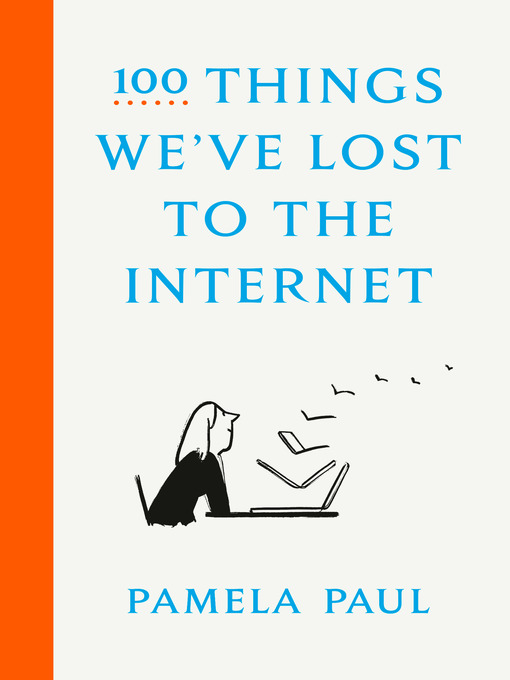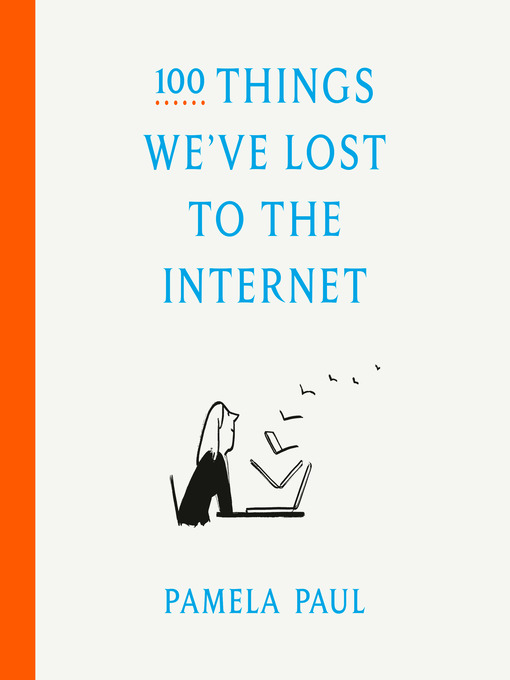Boredom Remember boredom? The way it would hang over you when you were stuck in traffic and there was nothing decent on the radio and time dripped by? You'd be trapped in line at the supermarket, your eyes glazed after having read each headline on every tabloid wilting by the Doublemint gum, twice. You'd be waiting for your roommate to show up for dinner, having plotted your meal from hors d'oeuvres to dessert twenty minutes ago, or languishing at the doctor's office with nothing but mottled old copies of Reader's Digest on offer. Boredom was available just about everywhere. Nothing to do, nothing to divert or distract you during what should have been precious free moments amid the frantic hours of so much else to get done. You realize you could have brought a book, and why the hell didn't you? But we have solved this because there is no more boredom. There are no empty moments and the mere thought of it--and who has time to think about it?--seems absurd. Not so long ago, Motorola coined the term "micro-boredom" to describe those scattered, small moments that might bedevil us but could be solved in an instant by the smartphone--no sooner was the term coined than the problem was eliminated. The slightest void can be filled with a thumb to the screen: apps, clips, posts, links, the next bout of unfettered binge-watching all at the ready. Any number of friends, acquaintances, colleagues, Facebook "friends," Words with Friends players, or chat group participants is on your wrist or in your pocket, set to engage. A novelist acquaintance told me how chagrined she was by her capacity to procrastinate online in lieu of working on her next book. (Join us, do.) After spending an entire afternoon on Instagram, to the point where she'd seen every last post on her timeline, she was gripped by the sudden fear that one day she'd arrive at a point where there was nothing more to see. The message on her phone would simply say, "That's it. You're done. You've reached the end of the Internet." I mentioned this to one of my children and he said, "That joke is everywhere." Kids grow up with an ever-present escape valve, like a built-in ejector seat from any unwanted situation. They never really have to be there if they don't want to be, and neither do the adults. The second most common reason people use Facebook, by their own admission, is to alleviate boredom. My husband's standard line when I ask him what he thought of a particular lecture or show has been to say derisively when it had zero interest for him, "I went to SeaWorld," but now he or anyone else can actually--rather than metaphorically--go to SeaWorld, or at least some live-cam simulacrum, at any time. Tuning out no longer means spacing out; it means tuning in to something else. People used to accept that much of life was boring. The word "boredom" didn't even emerge until the mid-nineteenth century, in part because it was nothing to be remarked upon. Life was boredom and boredom was life, whether it descended in the wheat field or at the spinning wheel. Memoirs of pre-twenty-first-century existence are rife with long stretches of tedium, no matter how much money you had to fritter away. When not idling in drawing rooms, the leisure class took aimless walks down empty footpaths and gazed at trees. They went motoring and gazed at more trees. Those who had to work for a living had it harder. Agricultural and industrial and office jobs were often mind-numbing; few people were looking to be fulfilled or engaged by paid labor. Children got used to the idea from an early age, left unattended with nothing to distract them other than maybe a bookshelf or tree branch. Only a few short decades ago, during the lost age of underparenting, grown-ups thought a certain amount of boredom was appropriate, even to be encouraged, because it forced kids to exercise their imagination and ingenuity. A little ennui would make a person less bored in the long run. Nowadays, subjecting a child to inactivity is seen as a gross dereliction of parental duty; thus, the proliferation of extracurricular, after-school, on-top-of-everything-else opportunities and efforts to engage. But when not being überparented and micromanaged, kids are left to their own devices-- their own digital devices, that is. Parents preparing for a long car ride or airplane trip are like army officers plotting a complicated land maneuver. Which movies to load onto the iPad? Should we start a new family-friendly podcast? Is this an okay time to let the kids play Fortnite until their brains melt into the back seat? What did parents in the seventies do when kids were bored in the back? Nothing! They let them suck in gas fumes. Torture their siblings. And since it wasn't actually used for wearing, play with the seatbelt. If at any point you complained about being bored at home, you were really asking for it. "Go outside," your parents would roar, or worse, "Clean your room." But it was only while lolling around the basement or backyard that you'd settle into the anesthetizing effects of boredom, and with that monotony, your brain would kick into action, attempting to compensate. You might notice the world around you, both the minute and the grand, at its natural pace, letting go of the need to relentlessly move on to the next new thing. Small observations would begin to emerge and coalesce into ideas. There's a reason people have their most exciting and original thoughts in the shower. Our minds start to wander and we follow. You have to turn off the input in order to generate output. But the input never stops. Excerpted from 100 Things We've Lost to the Internet by Pamela Paul All rights reserved by the original copyright owners. Excerpts are provided for display purposes only and may not be reproduced, reprinted or distributed without the written permission of the publisher.


